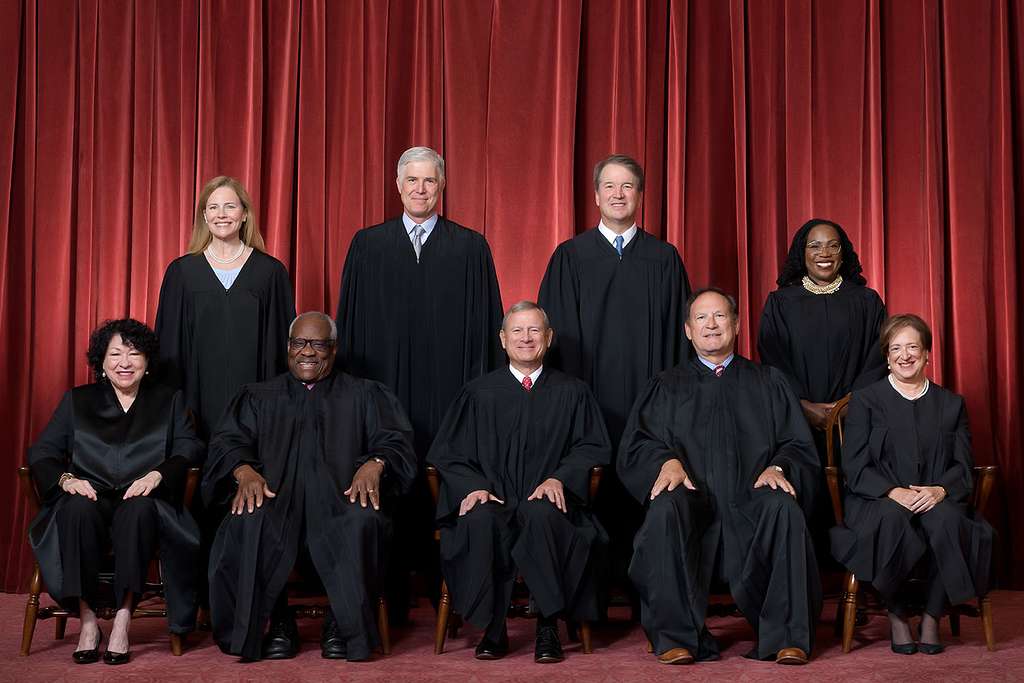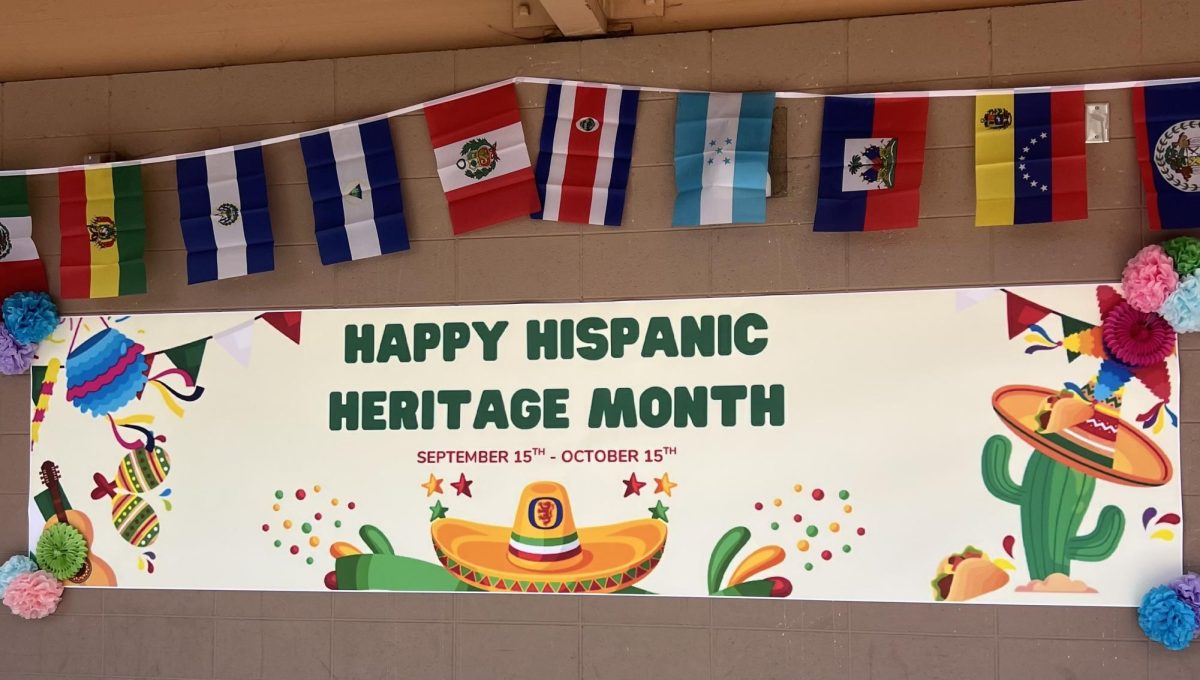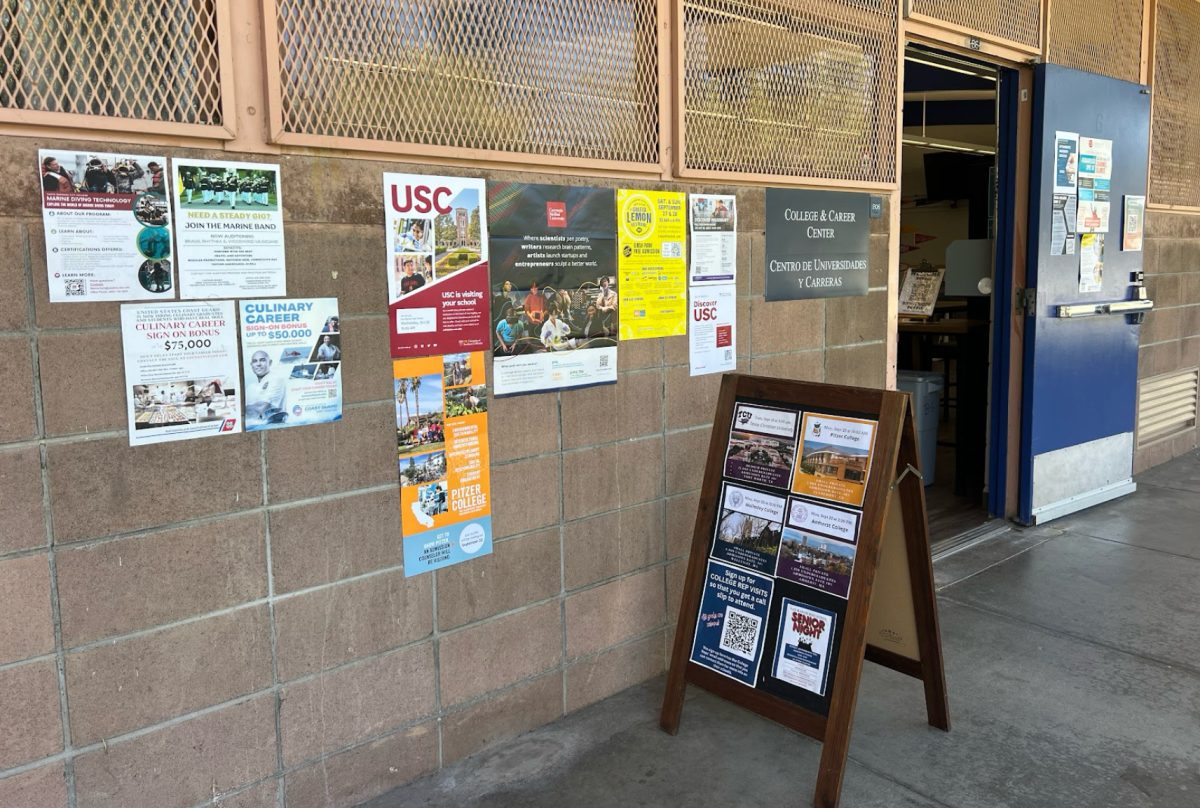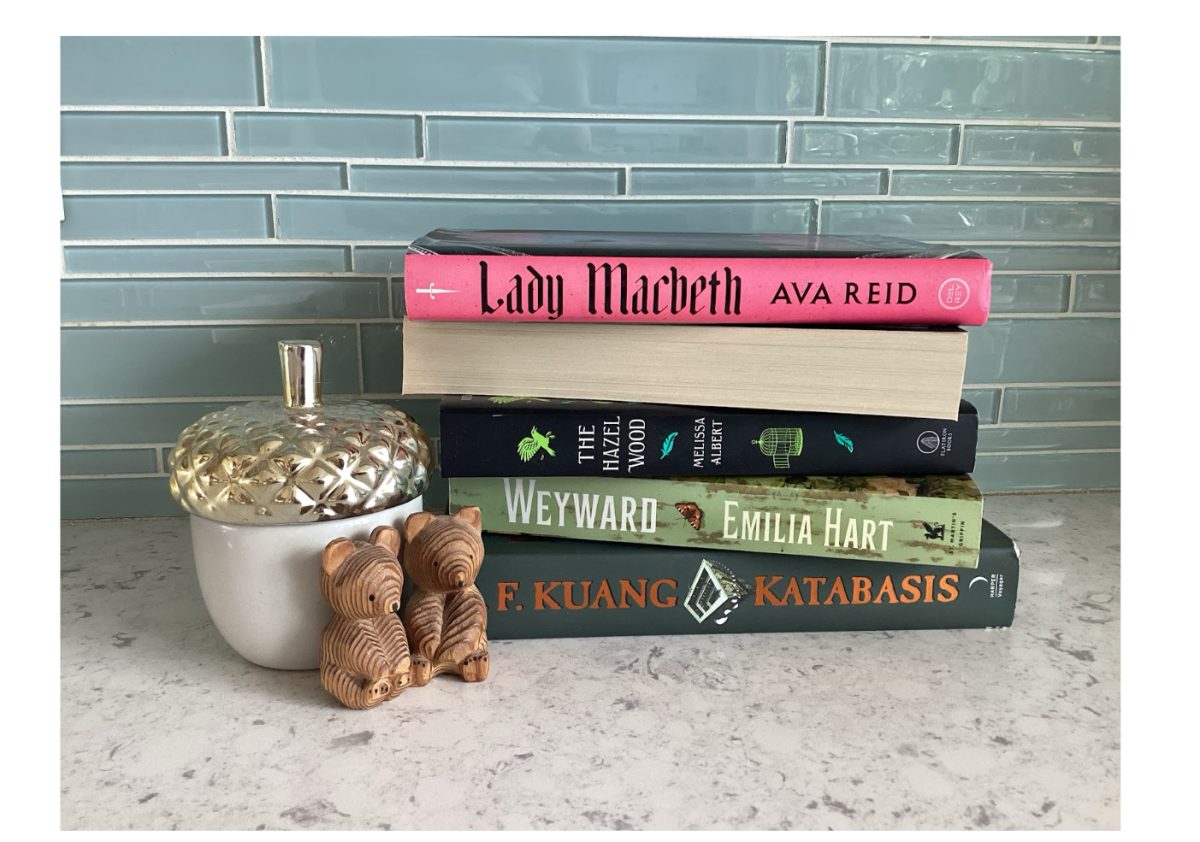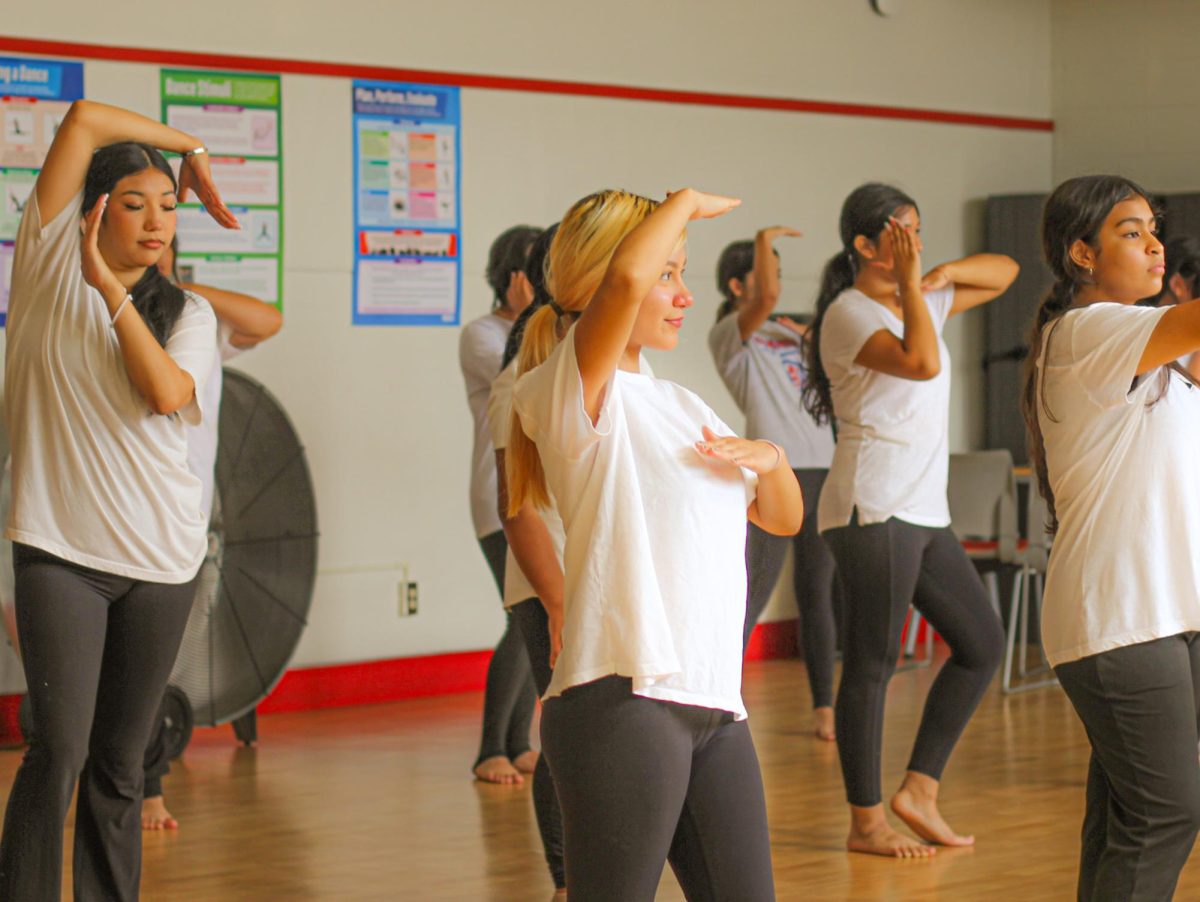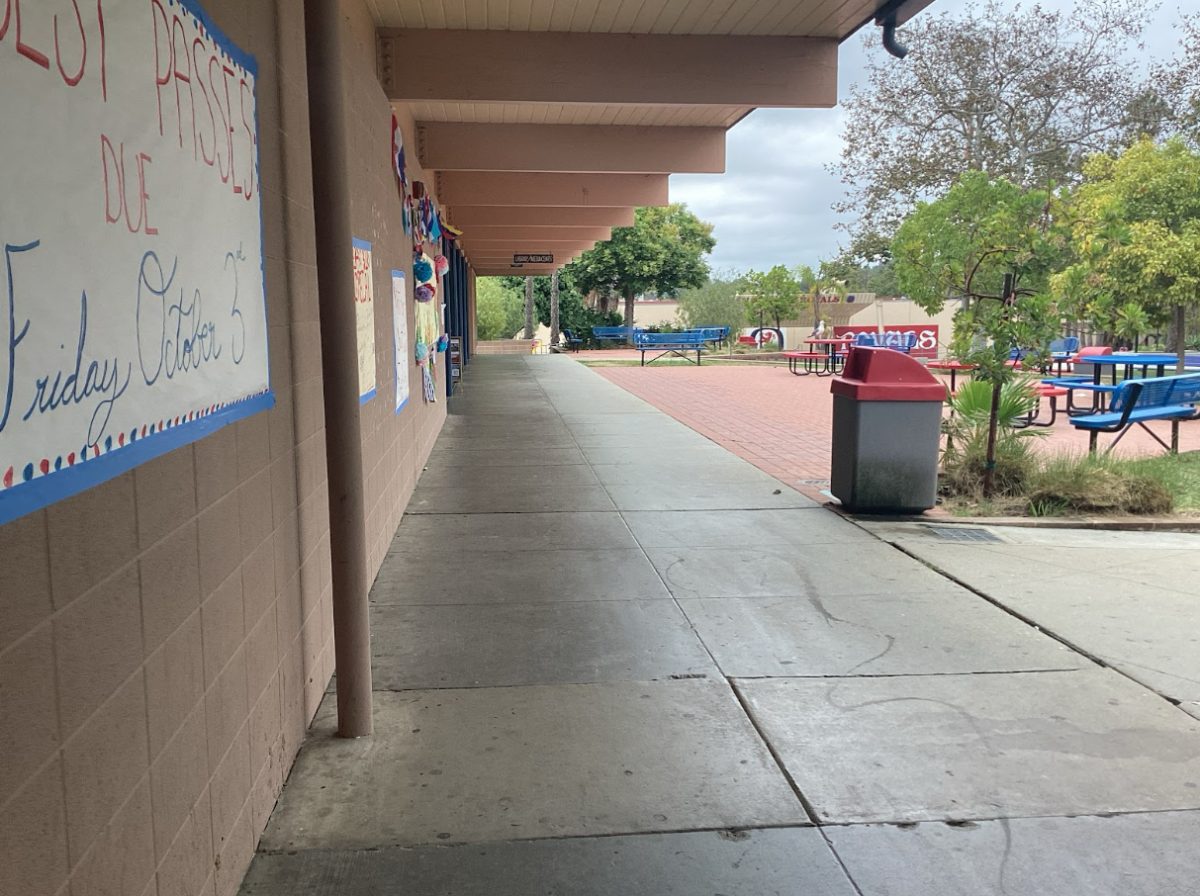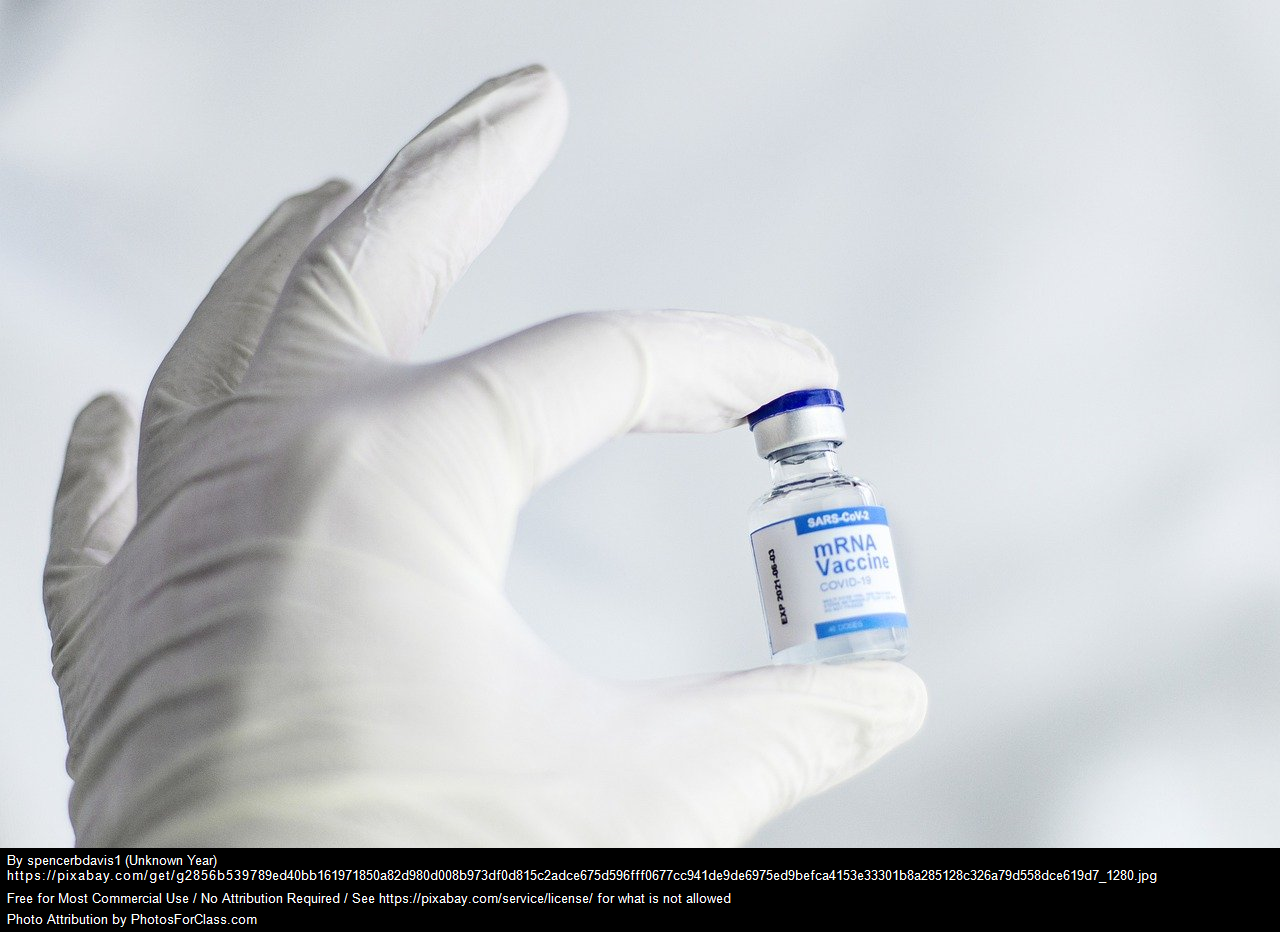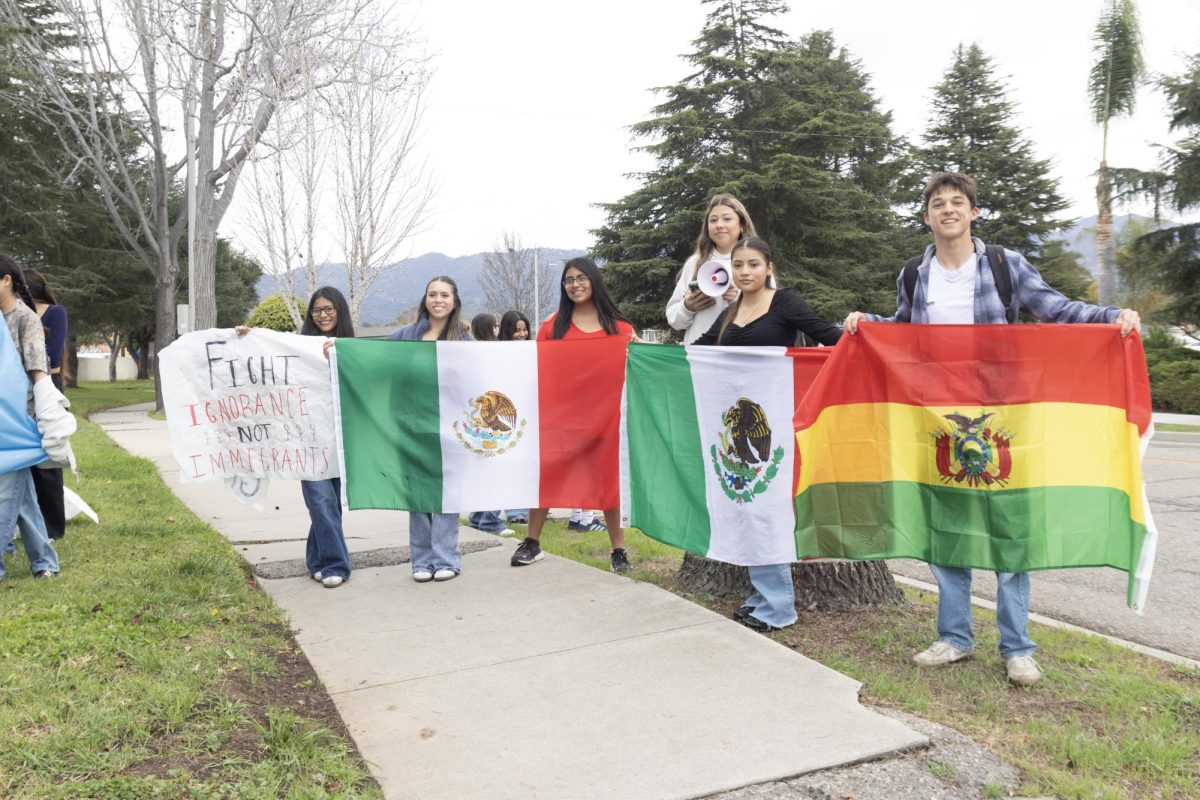COVID-19 struck more than a year ago. In less than a year vaccines for the virus were developed by several major companies. These included Pfizer (two shots), Moderna
(two shots), and Johnson & Johnson-J & J (one shot).
Recently there have been reports of rare blood-clotting (venous thromboembolism-VTE) for patients following the J & J Vaccine. Blood-clotting is when blood in your veins clot, stop moving, and therefore no blood goes to your brain, heart, and other body parts. However, this is yet to be determined related to the J & J vaccine. Roughly 209 million people in the United Stated have been administered a shot, about 7.4 million of which from the J & J vaccine, and eight of which have gotten blood clots. Six out of the eight have been women (ages 18-48), one has died, and at least three have been hospitalized. While this is a small number compared to everyone vaccinated, as a precaution, the administration of this J & J vaccine has been paused.
Fortunately, there are other vaccines, including the Moderna and the Pfizer still being distributed.
With today’s technology, a vaccine can take just a year to develop. Some people find this unnerving considering in the past it would take several years to decades to develop a vaccine. Before the COVID-19 one came out, the quickest vaccine to develop took four years. There are several reasons COVID-19 vaccines came out so quick, though. In February 2003 a disease called SARS (severe acute respiratory syndrome) was reported. It was also from a Coronavirus but never became a global pandemic like COVID-19 did. Having researched this coronavirus disease in 2003, scientists had an upper hand in developing and researching a COVID-19 vaccine. Further, these are mRNA vaccines. mRNA are messenger RNA (ribonucleic acid) that are basically instructions to tell your body how to make protein to fight off the virus. They work faster to make than traditional vaccines. While this is newer technology, it has already been used for vaccines to fight the flu, Zika, rabies, and cytomegalovirus (CMV).
It was reported that around two weeks after getting the J & J shot was when these blood-clots formed in the subjects. So, if you have gotten the shot and had any symptoms such as: severe headaches, abdominal pain, blurry vision, or shortness of breath, seek immediate medical attention. Doctors have several ways of treating blood-clots using multiple types of blood thinners and, if necessary, surgeries. This is similar to the effects of the COVID-19 vaccine from AstraZeneca in Britain and Europe.
San Marcos senior Cade McLean, eligible as a food worker, received the Johnson and Johnson vaccine.
“Getting J and J for me just meant less time traveling down to Oxnard to get the shot, so I was alright with having a slightly less effective shot,” he said. “It was quite a rough night but after that I have experienced no issues.”
Overall, Cade’s experience with the J & J shot is similar to most. It is hard for about a day with flu-like symptoms such as fever and chills and then goes away – a normal reaction. Now, Cade has a peace of mind knowing he is vaccinated, especially now that everyone is interacting more.
Another SM senior, Gavin Curt, got the first Pfizer shot last Thursday with no reactions.
“I am glad I didn’t get the J & J one because of the blood clots,” he said.
Two and a half weeks ago San Marcos junior Samantha Edwards, part of the Health Academy at SM, got the Pfizer vaccine as well. She said she had a burning sensation all over her body and a pretty bad headache for a few hours.
“I’m more happy I got the Pfizer vaccine just because the effectiveness rate is a lot higher than the Johnson & Johnson one,” she said. “We talked about it a little bit in Medical Biology but it was more so just saying don’t worry just because most of the people who had negative effects had underlying diseases and disorders.”
While the J & J vaccine might not be causing the rare blood-clots, it was pulled, but is expected to be available again soon after more study. Even though these small cases have happened, it is encouraged to get a COVID-19 vaccine. Think of it this way, you are still more likely to die being struck by lightning than from blood-clots from a Johnson & Johnson COVID-19 vaccine. Further, death by a shark attack is three times more likely than vaccine related blood-clots.


